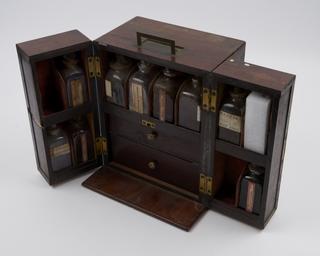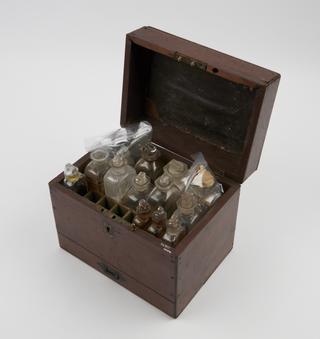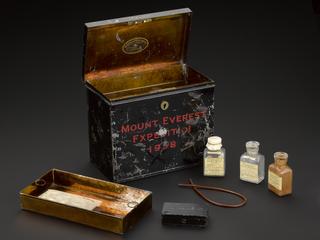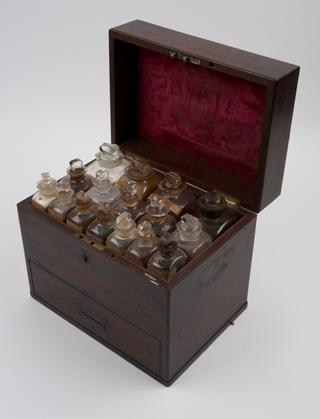
Thomas Dover 1660 - 1704
- occupation:
- Physician, Privateer
- Nationality:
- English
Believed to have served as an apprentice to Thomas Sydenham (1624–1689), who originated the formula for laudanum. Dover practiced medicine for more than fifty years in London but was never certified by the College of Physicians. During his lifetime he was famous for exploits as an adventurer and privateer. On one of his voyages he found the shipwrecked Alexander Selkirk, who, on being returned to London, created a sensation and was to become the inspiration for Daniel Defoe's Robinson Crusoe. Dover retired but he resumed his medical career in Gloucestershire and later in London.
1732 - published 'An Ancient Physician's Legacy to His Country' a treatise written for the general public listing ailments with successful treatments used by Dover; A remedy described in the book earned him the nickname of the 'Quicksilver Doctor' as it contained mercury;
Best known for introducing a popular remedy known as Dover's Powder, containing ipecacuanha, opium, and potassium sulphate, originally as a treatment for gout; The directions read:
Take Opium one ounce, Salt-Petre and Tartar vitriolated each four ounces, Ipecacuana one ounce, Liquorish one ounce. Put the Salt Petre and Tartar into a red hot mortar, stirring them with a spoon until they have done flaming. Then powder them very fine; after that slice your opium, grind them into powder, and then mix the other powders with these. Dose from forty to sixty or seventy grains in a glass of white wine Posset going to bed, covering up warm and drinking a quart or three pints of the Posset—Drink while sweating.



